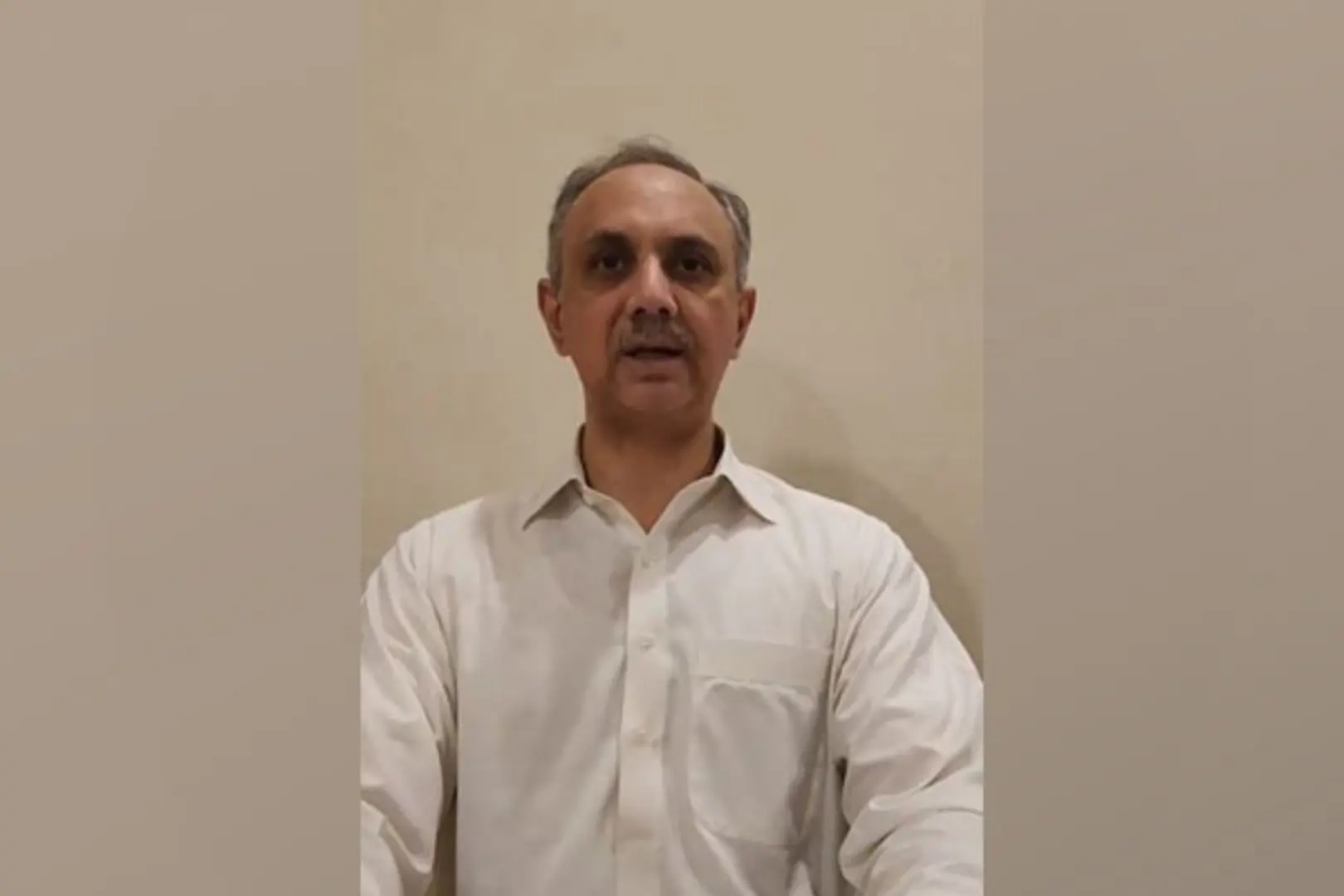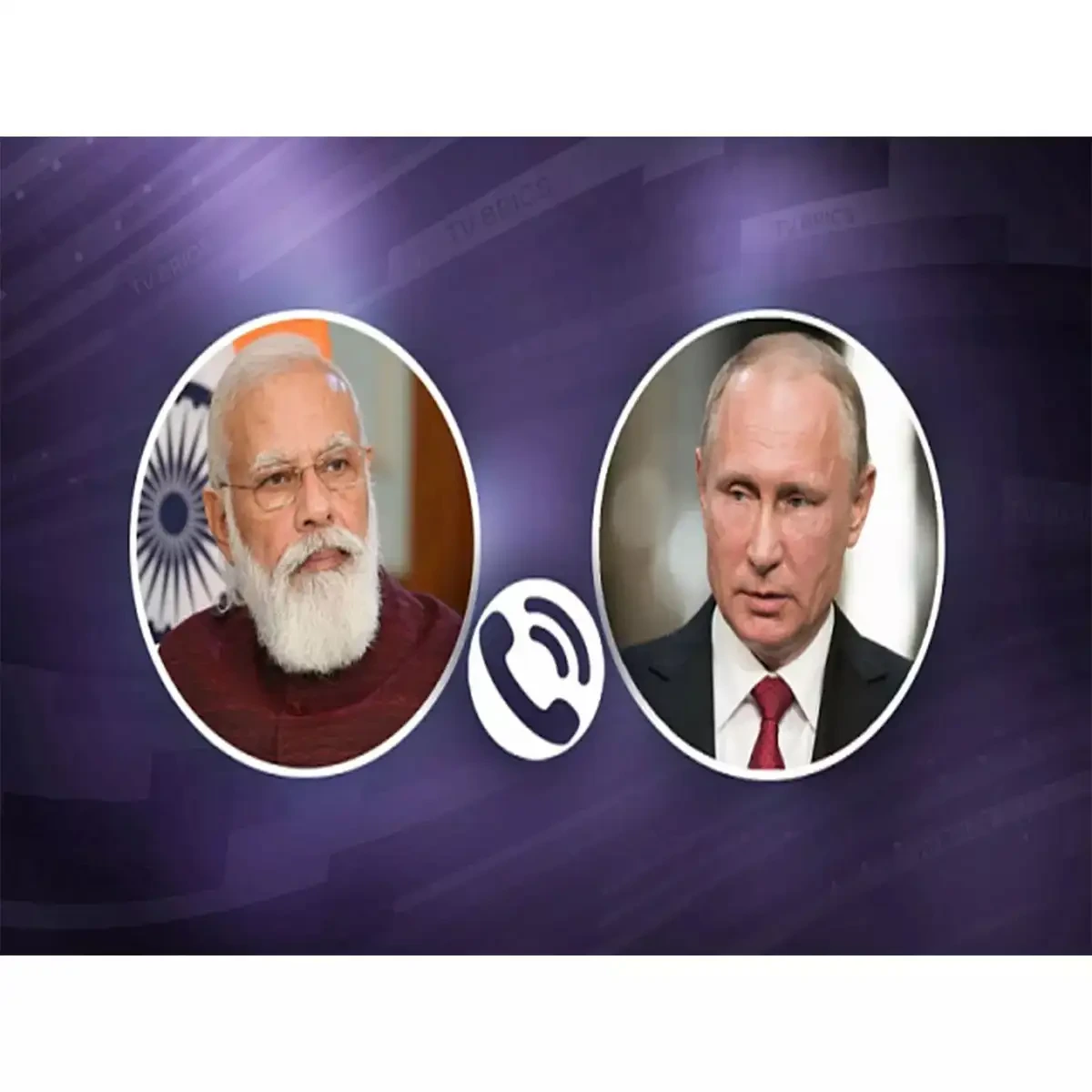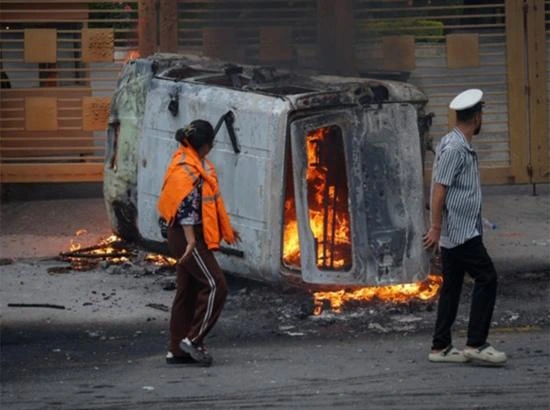10-Dec-2024, 01:50 PM
The Pakistan Tehreek-e-Insaf (PTI) party, led by former Prime Minister Imran Khan, has expressed its readiness to engage in talks to resolve the ongoing political disputes that have escalated in recent months. This announcement comes after a tumultuous period marked by protests and confrontations with the government and military, particularly following the “do or die” protest in Islamabad that resulted in significant violence and unrest.Ayub Omar, a senior PTI leader, emphasized the party’s commitment to dialogue as a means to address the political deadlock that has gripped Pakistan since Khan’s ousting in April 2022.
The PTI has faced numerous challenges, including Khan’s imprisonment on various charges and a series of protests aimed at pressuring the government for his release and other demands. The recent protest, which was intended as a final call for action, ended in chaos, leading to fatalities and injuries among both protesters and police.
Despite the setbacks, Omar highlighted that the PTI believes in the power of negotiation to achieve political stability. He stated that engaging in discussions with the current government could pave the way for addressing key issues such as the alleged unjust arrests of PTI members and the need for electoral reforms. The party is particularly focused on restoring what it describes as its “stolen mandate,” referring to claims that the military rigged the 2024 elections in favor of the Pakistan Muslim League-Nawaz (PML-N).
However, skepticism remains regarding the government’s willingness to engage in meaningful dialogue. The administration of Prime Minister Shehbaz Sharif has been cautious about negotiating with Khan’s party, viewing it as untrustworthy due to its history of inciting unrest. Analysts suggest that while talks could potentially ease tensions, both sides are currently entrenched in their positions, making reconciliation challenging.The situation is further complicated by external pressures and public sentiment. Many citizens are weary of the ongoing political strife and its impact on daily life, including economic instability.
As such, there is a growing call for both parties to prioritize national interests over political rivalry.As PTI prepares for potential negotiations, it remains to be seen whether these discussions will lead to substantial progress or if they will be overshadowed by further protests and unrest. The upcoming weeks are critical for Pakistan, as both the government and PTI navigate this complex political landscape. The hope for dialogue represents a crucial step towards stabilizing a nation currently engulfed in turmoil and division.





